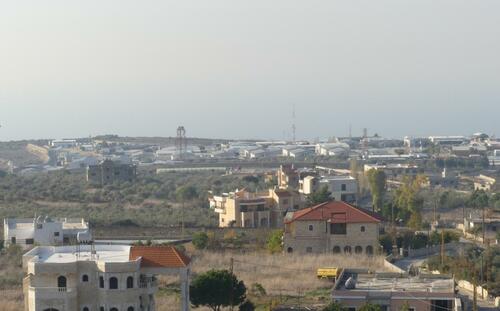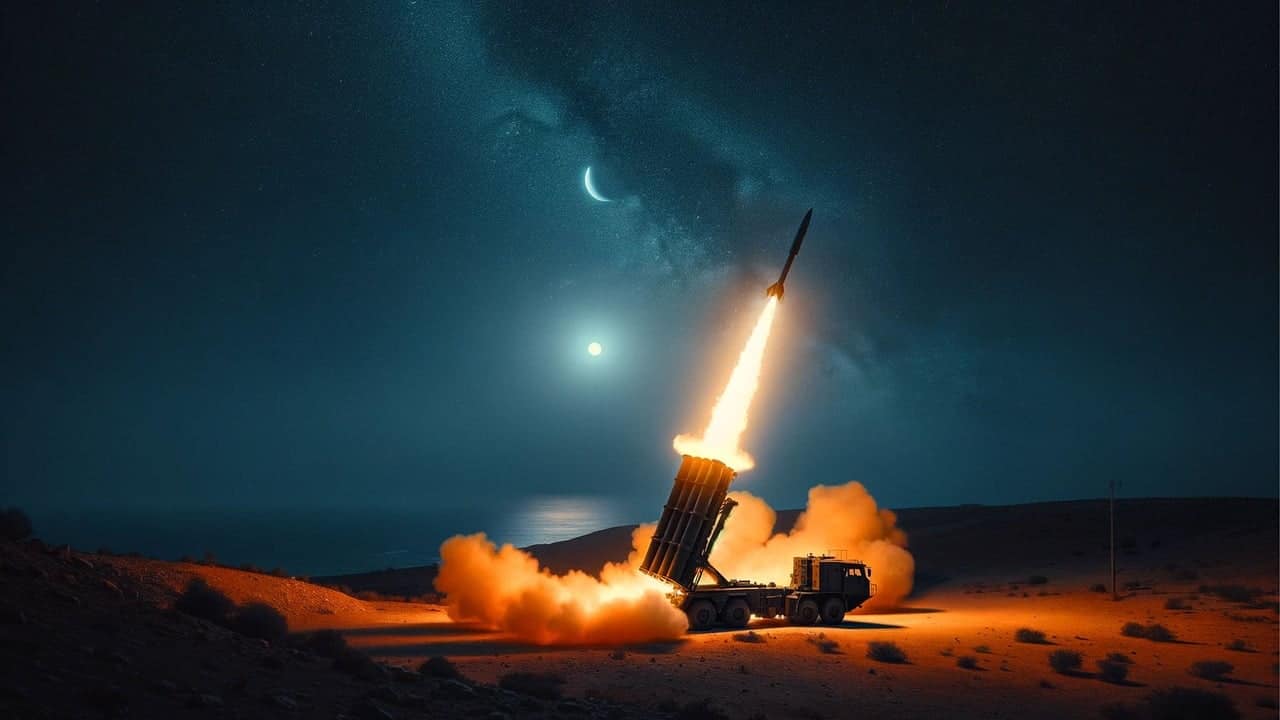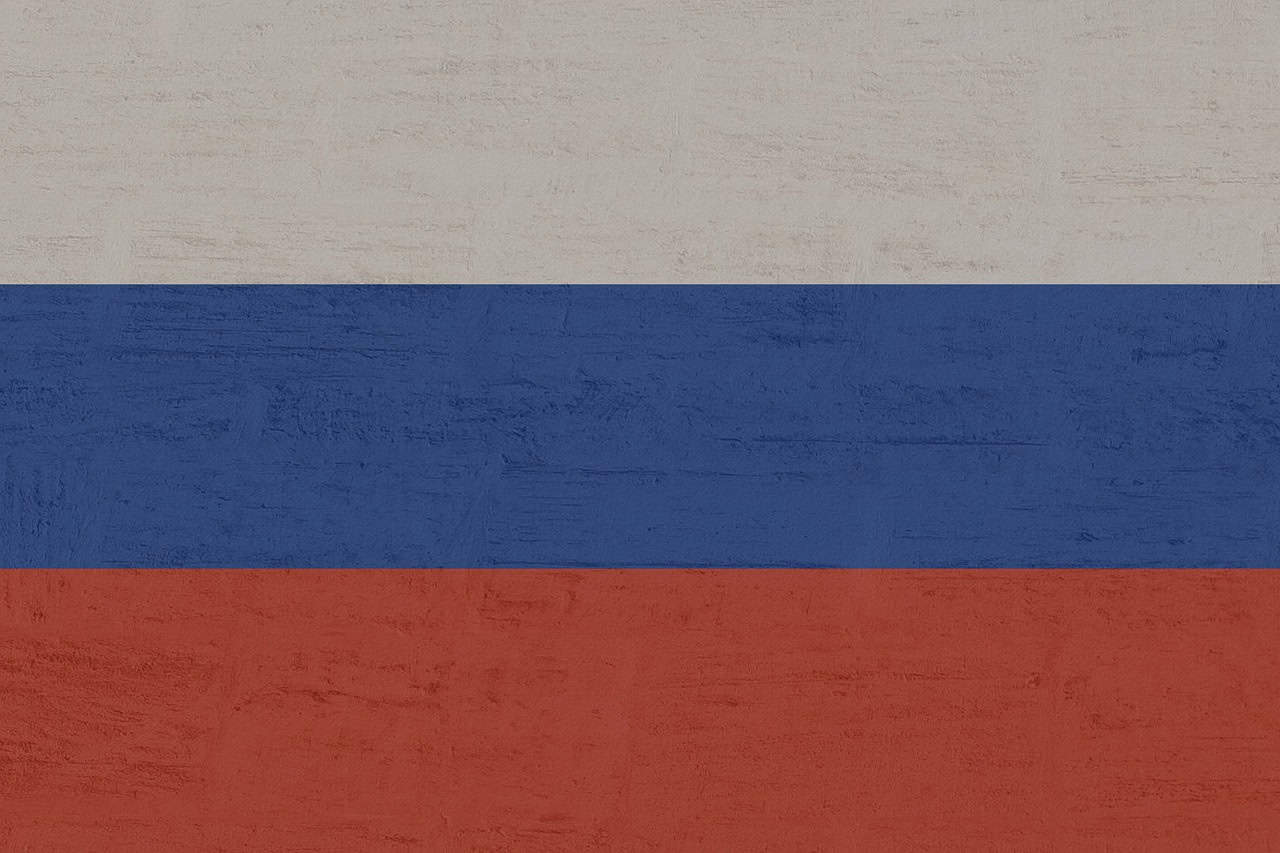
Property rights, the division of labor, and voluntary exchange are the foundation of civilization. In Liberalism: The Classical Tradition, Ludwig von Mises explains why these doctrines are essential to civilization, emphasizing that peace is a prerequisite for the division of labor and human cooperation. When the threat of war constantly hangs over a society, people no longer specialize in their most productive skills and abilities. Instead, they devote all their efforts to becoming self-sufficient in everything they need to survive, as they have no expectation of being able to trade with their foes for anything they might need. Mises therefore highlights “the incompatibility between war and the division of labor.”
This does not mean that we must all be pacifists—on the contrary, Mises distinguishes wars of aggression from self-defense, arguing that a nation under attack “must offer resistance and do everything to ward off the onslaught.” He adds that, “Heroic deeds performed in such a war by those fighting for their freedom and their lives are entirely praiseworthy, and one rightly extols the manliness and courage of such fighters.” He gives the example of the Spartan king, Leonidas, who is a hero, not just because he fought valiantly, but because he fought in defense: “Even Leonidas would not be worthy of the esteem in which we hold him if he had fallen, not as the defender of his homeland, but as the leader of an invading army intent on robbing a peaceful people of its freedom and possessions.”
In that light, the important question in evaluating any war is whether it was fought in aggression or in defense. That is not always easy to ascertain in practice. The events surrounding the crisis at Fort Sumter, South Carolina, in 1861 are a compelling illustration of the difficulty in assigning responsibility for the outbreak of war.
Responsibility for starting the war
In his article “Lincoln and Fort Sumter,” published in 1937, Charles Ramsdell explains that the complexities surrounding the outbreak of this war are little understood: “The story of the development of the Fort Sumter crisis has been told many times, but it is so full of complexities that there is little wonder that many of its most significant features have been obscured with a resultant loss of perspective.” This led to many drawing the rough and ready conclusion that whoever fired the first shot should be deemed to have started the war. Ramsdell observes that, “Because the Confederate authorities ordered the attack it is generally held that they were directly responsible for the horrors of the ensuing four years.”
However, as Ramsdell goes on to show, matters are not that simple. The Confederate government hoped for a peaceful resolution to the crisis, and there was a reasonable expectation that the situation could be resolved without bloodshed:
Though Governor Pickens [of South Carolina] had wished to press demands for surrender and to attack the fort if refused, he had first sought the advice of such men as Governor Joseph E. Brown of Georgia and Jefferson Davis of Mississippi. Both advised against any such action, partly because they still had some hope of peace and partly because they saw the danger of taking the initiative.
Ramsdell explains that “the Confederate government, having taken over from [South Carolina] all negotiations concerning the fort, was moving cautiously with the evident hope of avoiding hostilities.”
President Lincoln unfortunately chose to regard “the secession of the seven cotton states as a nullity,” to continue holding federal forts in the South, and “to collect the duties and imposts” from the Confederate states as if they had never seceded. Ignoring the fact that South Carolina had seceded, he sent “provisions” to Union forces in Fort Sumter despite his own advisers warning him that they “could not see how it would be possible to reinforce Sumter without putting the [Lincoln] administration in the position of the aggressor.”
Ramsdell highlights the conflicting political perspectives even in the North: “There was a strong peace party in the North which was urging the settlement of difficulties without resort to force,” but the “militant Unionists in the North” favored a more aggressive approach. Ramsdell suggests, “At some time, while turning these things over in his mind, this daring thought must have occurred to Lincoln: Could the Southerners be induced to attack Sumter, to assume the aggressive and thus put themselves in the wrong in the eyes of the North and of the world?” Ramsdell details how, from that point, “Events now hurried to the inevitable climax” with the outbreak of war.
Justice by the bully
In evaluating the aftermath of the War for Southern Independence, Charles Adams develops a similar argument to that of Mises by emphasizing that war is always destructive regardless of who started it or who wins it. Adams observes that war, by its very nature, “creates uncivilized chaos and butchery unrestrained by law.”
Like Mises, Adams also rejects the view that might makes right, or that the justice of any war depends on which side was victorious. He argues:
No one has ever suggested that applying the principles of military might—slaughter and devastation—actually means that justice has prevailed. What does prevail is the better army or navy, justice often by the bully. Lawful ideals and principles quickly fade from view as armies take to the field and clash. At that point the combatants start to manufacture reasons for the conflict. And when no good reason can be found, a bad one will do. Facts become distorted, history perverted, and the main reasons for almost all wars—territory, resources, and power—are usually masked over with some sort of moral or social objective. (emphasis added)
Adams emphasizes that the victory of the Union forces yielded an uneasy détente in its immediate aftermath:
The South was overrun by a military occupation and generals with autocratic powers… There never was another hot war between the states, of course, but a cold war of bitterness emanating from the occupation of the South by Northern armies under Reconstruction lingers to this day.
He refers to this as an “ugly peace” because it came only for the Union but not for Southerners, both black and white: “The ugly peace forced on the South was only a victory for Republican and Northern control over the nation.”
Adams recounts the caution of Robert E. Lee after the war, that “an overblown, powerful national government would engage in aggression abroad and despotism at home.” Such threats of aggression are always to be abhorred because an aggressive and despotic government is incompatible with lasting peace.
As Mises argues, there must be “an assurance of lasting peace” for the mutual cooperation on which civilization depends. Mises criticizes those who think war may be an unfortunate but necessary and worthwhile path to achieve a good outcome, as warmongers wrongly reason that there will inevitably be loss and sacrifice but it will all be worth it in the end. Mises argues that “not war, but peace, is the father of all things,” emphasizing that, “War only destroys; it cannot create.”
Nor does it matter whether such wars are won or lost. Might does not make right, therefore, wars of aggression are not redeemed by the mere fact of emerging victorious. In Mises’s view, a defender of liberty must be “convinced that victorious war is an evil even for the victor, that peace is always better than war…peace is for him, the stronger, just as advantageous as it is for the weaker.”
Originally Posted at https://mises.org/
Stay Updated with news.freeptomaineradio.com’s Daily Newsletter
Stay informed! Subscribe to our daily newsletter to receive updates on our latest blog posts directly in your inbox. Don’t let important information get buried by big tech.
Current subscribers:






